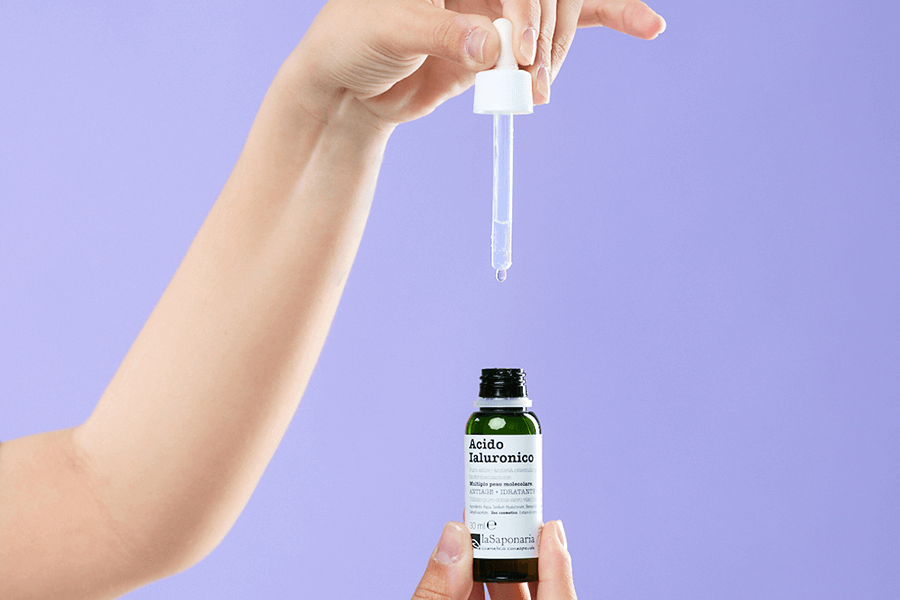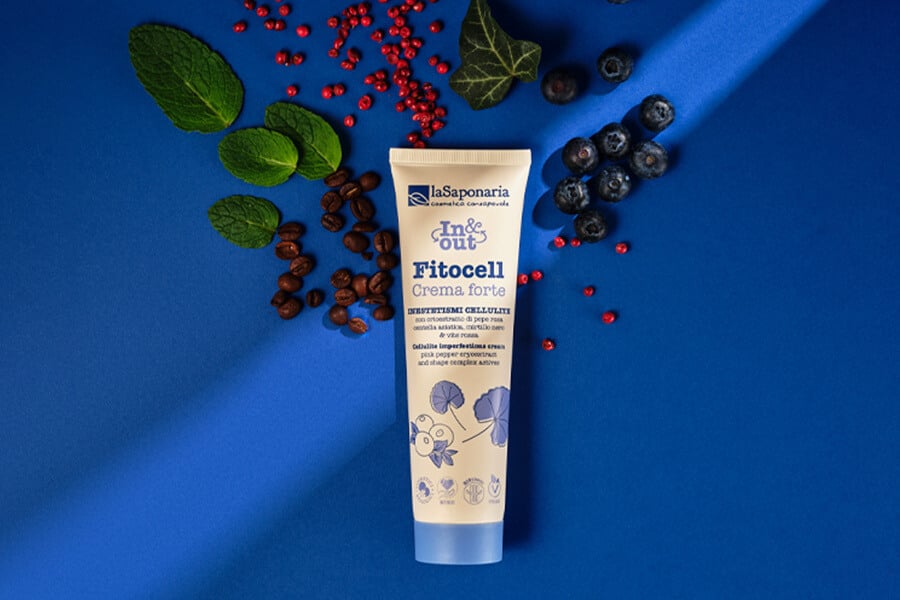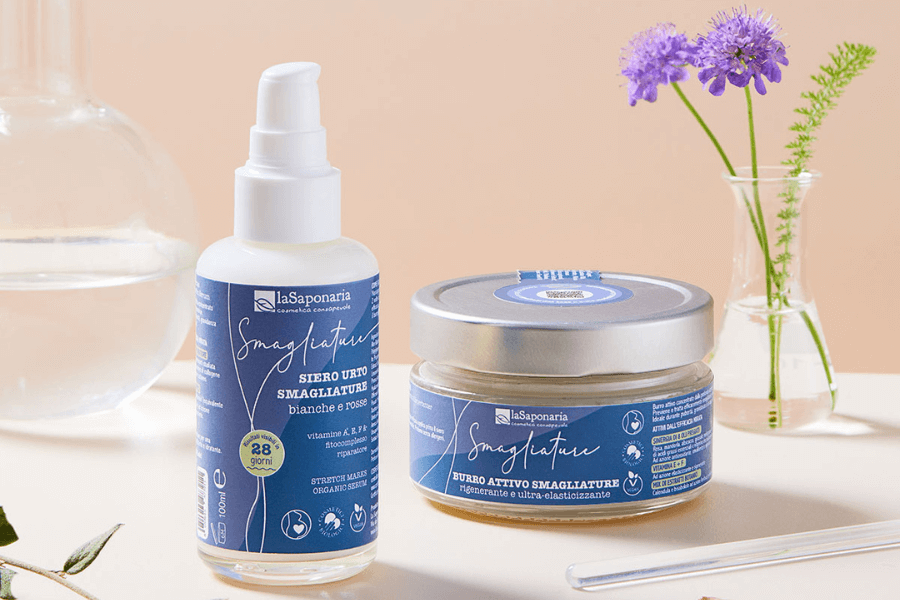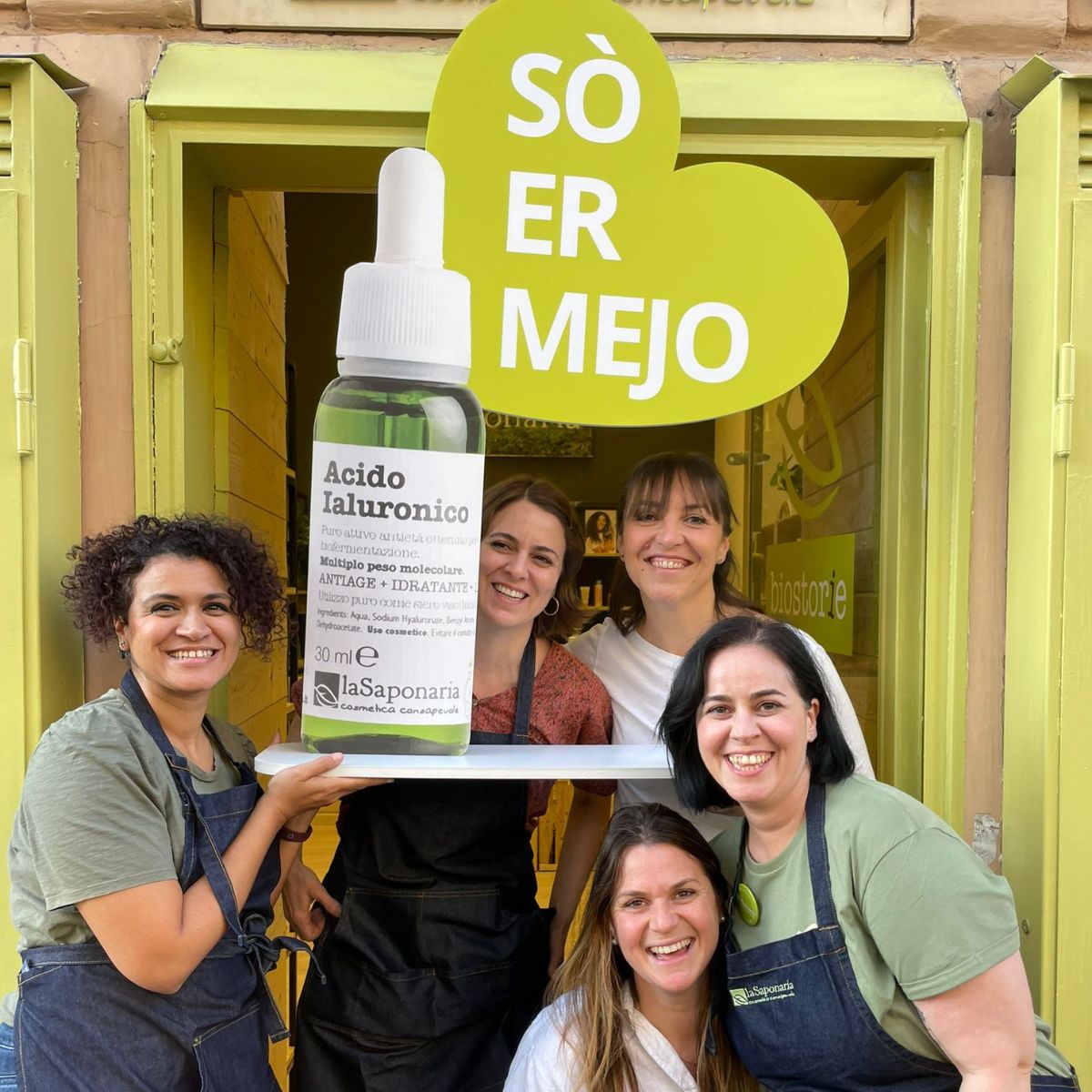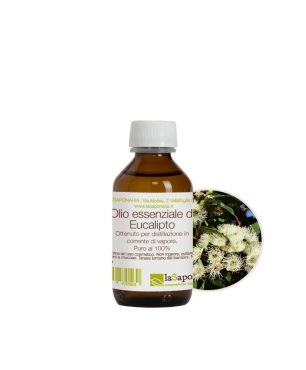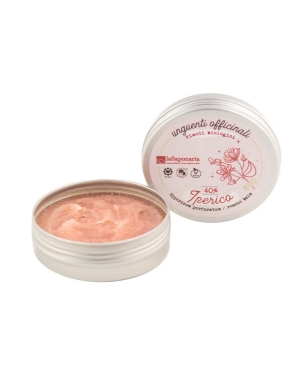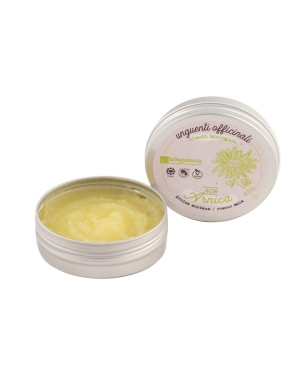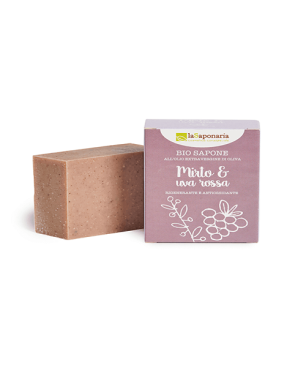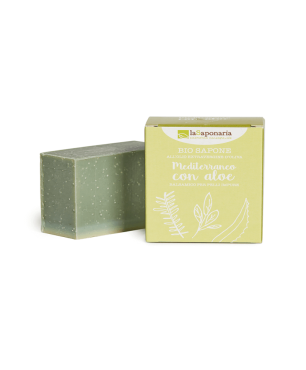- Call us! +390721 911004
- Write a message
- Whatsapp +39 377 3844777
- Become a reseller
- Test and E-book
- Location and contacts
-
MenuBack
-
Organic cosmetics
-
-
space
-
-
-
-
-
-
-
Discover your routine
-
-
Skin care
-
Hair care
-
Body Care
- Best sellers
- Routines
-
DIY
-
-
space
-
-
-
-
-
-
PRODUCTION TOOLS
-
-
DOWNLOAD THE RECIPES
-
-
-
Organic library
-
-
BEAUTYBLOG
-
-
-
GLOSSARY
-
-
-
DO-IT-YOURSELF RECIPES
-
-
-
TEST AND E-BOOK
-
-
About us
-
-
space
-
-
-
-
-
PHILOSOPHY
-
-
-
NATURAL COSMETICS
-
-
-
FLAGSHIP STORES
-
-
-
Sustainability
-
-
space
-
-
-
BENEFIT COMPANY
-
-
-
ETHICAL CHAIN
-
-
-
SUSTAINABLE PACKAGING
-
-
-
SUSTAINABILITY IN THE COMPANY
-
-
-
Supported projects
-
NOTICES AND AWARDS
-
-
-
Business Area
-
-
space
-
-
-
OPEN A FLAG SHIP STORE
-
-
-
BECOME A RESELLER
-
-
-
PRIVATE LABEL
-
ACCOMMODATION FACILITIES
-
-
-
RESELLERS LOGIN
-
-
-
Resellers
-
-
RESELLERS RESOURCES
-
-
-
OPEN A FLAGSHIP STORE
-
ACCOMMODATION FACILITIES
-
PROMOTIONAL MATERIAL
-
-
-
RESELLERS NEWS
-
REGISTER YOUR SHOP
-
-
-
BODY CARE LINE 2025
-
-
-
CHRISTMAS GIFT
-
-
- Store locator
Eucalyptus

INCI NAME:
Eucalyptus Globulus Leaf Oil
ORIGIN:
Vegetal
FUNCTION:
Antibacterial, antiseptic, soothing, healing
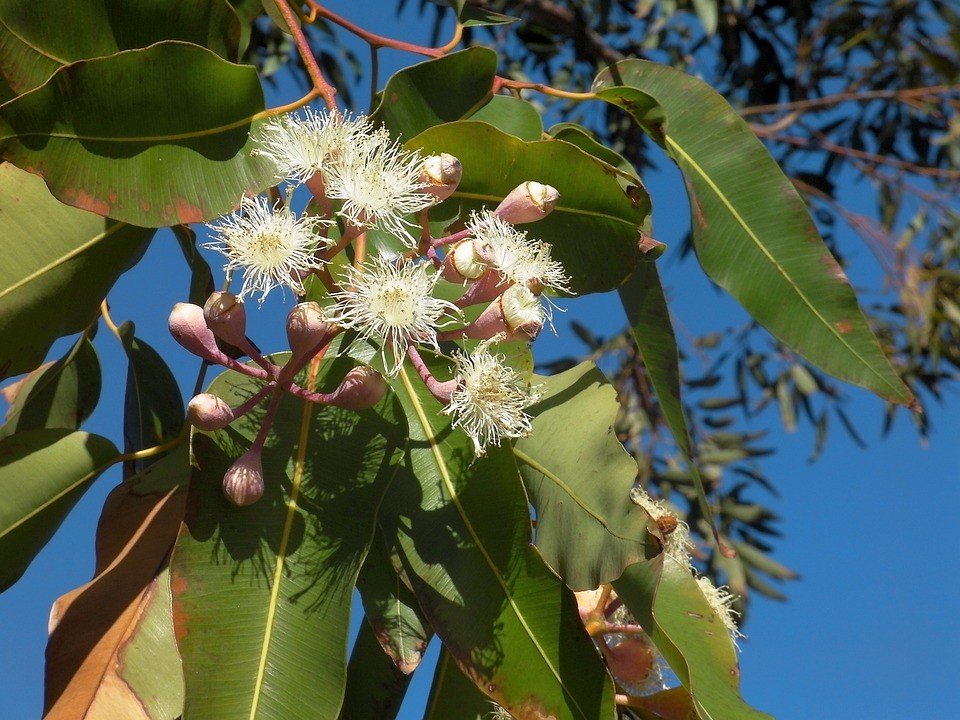
This is an automatic translation
Eucalyptus (from the Greek εὖ, "well", and καλύπτω, "to hide", in reference to the fact that the petals hide the rest of the flower) are a genus of evergreen arboreal plants native to Oceania (especially Tasmania, Australia and New Guinea) belonging to the Myrtaceae family (there are about 600 species). Eucalyptus trees are evergreen; the Eucalyptus regnans species in Australia can even exceed 90 metres; in Italy these plants reach smaller dimensions, usually no more than 25 metres. The stem has smooth bark. The flower is formed by a closed cup-shaped calyx which detaches with flowering; the fruit is capsule-shaped with many small seeds inside. Eucalyptus leaves contain an essential oil, particularly rich in eucalyptol, terpenes (pinene, camphene, phellandrene); aldehydes; polyphenols (gallic acid, ferulic acid, gentisic acid); flavonoids (rutoside, hyperoside) and tannins.
These active ingredients give the plant a balsamic, fluidifying and expectorant action on the catarrhal secretions of the respiratory tract. For this reason it is used in phytotherapy in inflammation and congestion, such as coughs, colds and in the treatment of sinusitis. Furthermore, due to the presence of essential oil, eucalyptus carries out a very effective antibacterial and antiseptic action for affections of the urogenital tract in the case of cystitis, leucorrhoea and candidiasis, for which it is also recommended by virtue of its deodorant action.
For cosmetic use, eucalyptus preparations (Eucalyptus leaf oil) have a good antiseptic action and a healing effect on purulent skin infections and soothing on burns. Very suitable for cleansing scalp and oily hair, to which it restores brilliance.

